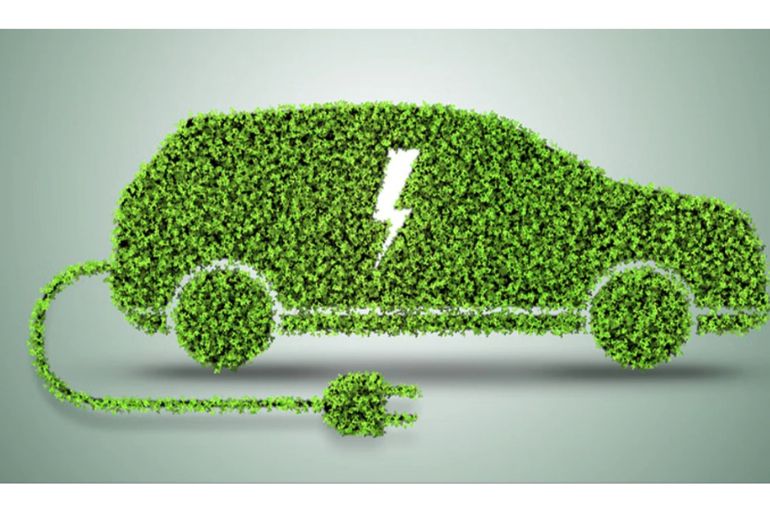The policy offers to slash duty to 15 per cent on any imported electric car priced from $35,000 if they invest at least ₹4,150 crore, or about $500 million, to set up a local plant within three years
According to persons familiar with the situation, India is about to launch applications for its flagship program, which offers international electric vehicle manufacturers reduced import charges in exchange for manufacturing in India.
According to the policy, which was announced in March 2024, if they invest at least ₹4,150 crore, or around $500 million, to establish a local facility within three years, the levy on every imported electric car valued at $35,000 will be reduced to 15%. At this lower rate, up to 8,000 cars can be imported annually.
According to those acquainted with the talks who want to remain anonymous, applications for this might open as early as this month and run until March 15 of next year.
EV manufacturers like Elon Musk’s Tesla Inc., which is preparing to begin selling its vehicles to India after years of condemning the nation’s high tariffs, are being courted by the third-largest Asian economy. While demand for EVs is slowing down globally, India remains a market hotspot. Local automakers, who presently control the EV market, will face more competition if the new strategy attracts industry titans.
Although the general plan is consistent with last year’s announcement, the insiders also mentioned that the Narendra Modi administration has tightened several requirements in order to screen out less serious players.
India has expanded financial eligibility, requiring any application authorised under the program to have a minimum revenue need of ₹5,000 crore in the fourth year and ₹7,500 crore in the following year. Those that don’t meet the requirements will be penalised up to 3% of the revenue difference.
LeafyBus CEO and co-founder Rohan Dewan’s response to the new EV policy:
“This landmark policy initiative by the Government of India marks a bold and strategic step toward positioning the country as a global leader in the electric vehicle sector. It reflects a long-term vision for clean, sustainable transportation and a strong commitment to climate action through responsible industrial development.
By reducing import duties to 15 percent for electric vehicles priced at 35,000 US dollars and above, the government is sending a clear signal to global EV manufacturers. The policy requires a minimum investment of 4,150 crore rupees, or approximately 500 million US dollars, to set up manufacturing facilities in India within three years. This move aims to attract long term capital, encourage technology transfer, and build a robust domestic EV ecosystem.
Allowing up to 8,000 electric vehicles to be imported annually under the reduced duty rate is a well balanced measure. It enables global players to assess the market and establish a presence while making a firm commitment to local production. This combination of short term access and long term investment is critical for building a competitive and self sustaining industry.
The policy is expected to accelerate innovation, strengthen supply chains, and create substantial employment across the EV value chain. It also offers opportunities for collaboration between international companies, Indian businesses, and government bodies in areas such as battery production, charging networks, and renewable energy integration.
India is now at a pivotal moment. With a clear policy framework, defined investment thresholds, and targeted import allowances, the country is poised to become a central hub for electric mobility. This includes not only manufacturing but also research, development, and clean technology leadership.
The policy will foster healthy market competition, increase access to cutting edge EV technology, and contribute to cleaner cities, improved air quality, and reduced carbon emissions.
More than just a trade or industrial measure, this initiative represents a transformational shift in how India envisions mobility. It lays the foundation for a smarter, greener, and more inclusive transport future, one that aligns with global sustainability goals while advancing national interests.“

